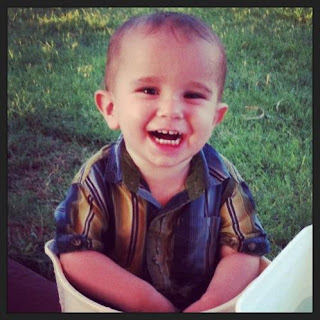The conclusion, of course, was that our second decade of marriage will more likely hold much more in that line, just by sheer probability - though we certainly hope that such is not the case, of course!
The funny thing is that in our first month out (of our second decade of marriage, that is) we have already experienced three family deaths - or rather, two family deaths plus the death of a beloved kitty (who, having been a resident of our home for our entire marriage, was very like family!).
Not unexpectedly, the death of our pussy cat hit us the hardest - we were the most involved in her care, and that was a really tough two months. Additionally, the two family members who died were not close family.
But of the two family members who died, each circumstance taught me something quite poignantly and significantly.
The first family member who died was someone who died with horrible regrets. She had chosen a lifestyle of decisions which led only to brokenness and fragmentation - she abandoned her children to be raised by grandparents so that she could continue her party lifestyle, and her life was filled with waste and broken relationships. When she received a terminal diagnosis, she had a horrible time with the realization that this was it. There was no going back to undo, or make up for, the life-decisions she had made. She lived her last days racked with guilt, shame, and regret.
That's a horrible way to die.
I'm not writing this to point fingers - "She was a horrible person!" Actually, I didn't even know her. (She was a relative of DH's.) What I am trying to say is simply that she felt that she had utterly wasted her life and died full of regret - and that is not how I want to die. Whenever my time comes, I want to look back and be able to say, "By the grace of God, I have fought the good fight, and I am ready to meet my Lord and Savior."
The lesson: I want to live so that I can die joyfully and without regrets.
Our other family member who died was given much less notice of his approaching death - he went into the hospital on Monday to deal with fluid build-up, and was dead by Thursday. In the middle of the week he consented to a two-day sedation for a treatment procedure, but by the time they tried to bring him out of the sedation, he had developed a high fever (105-107F) and died without ever regaining consciousness.
Here, the lesson is once again obvious: I want to live so that I am ready to go at any time.
None of has a guarantee that he will receive "notice" of death. Sometimes there is a "you have two weeks, etc.", but often death is sudden and/or unannounced. There are no guarantees.
Was this relative ready to go? We believe so. And I want to be the same way - that I have given my heart and soul to the Lord and am spiritually ready to meet Him at any time.
Two deaths, two lessons. It's amazing how often death points us to lessons for living, if we will pay attention and take it to heart.
Thoughts, dear readers?
"It is better to go to the house of mourning, than to go to the house of feasting: for that is the end of all men; and the living will lay it to his heart. Sorrow is better than laughter: for by the sadness of the countenance the heart is made better. The heart of the wise is in the house of mourning; but the heart of fools is in the house of mirth." Ecclesiastes 7:2-4






















